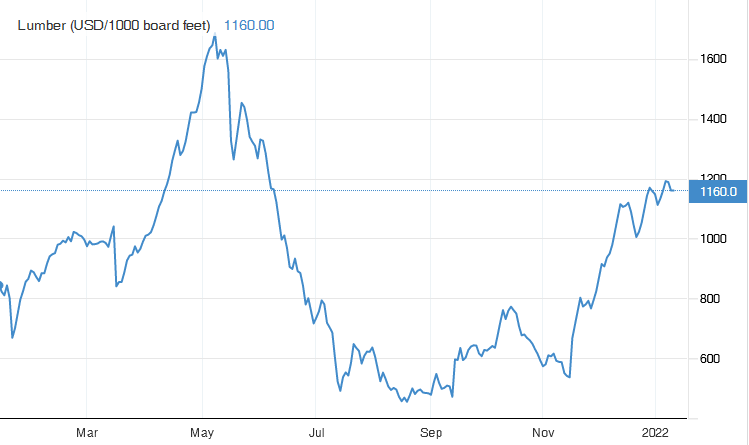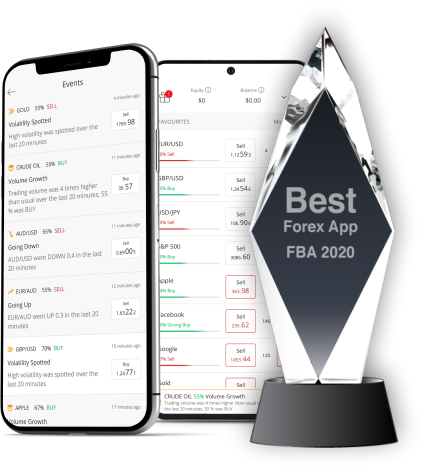
The quality of REITs is what really matters when you are looking to invest. You should look for great tenants and quality real estate. There are many investment options available. Some prefer to work with professionals. There are many important things to consider when selecting a REIT. The following article will provide information on how to evaluate REITs. From how to choose a mutual fund to how you can determine its value,
Investing with a REIT
An excellent way of investing in rental properties is to invest in real estate investment trusts (REITs), especially if your budget is limited. REITs are able to offer investors special tax advantages. Investors have the option to take 20% off the pass-through, and depreciation if the investment company pays 90% in dividends.
A REIT's main disadvantage is that they are not easily traded and cannot be sold. REITs are able to invest in income-producing assets, and they distribute this income monthly to their shareholders. Although REITs must give 90% of their profits back to shareholders under law, income tax rates for REITs can be higher. It is not recommended to invest in a REIT as a first investment.

Qualifiers for a REIT
An REIT's income should be distributed to investors in the form of at least ninety per cent of its taxable income. Reit cannot be an insurance company, bank, or other similar entity. It must be headed by at least one director. All shareholders must hold transferable certificates of beneficial interest or shares of REIT stock. Each shareholder must also hold shares for at least three quarters in a calendar.
An entity must own at least seven5% of its assets so that it can be considered a REIT. These assets must in general be real-estate. A REIT's gross assets, as measured by U.S. GAAP, must be at least fifty-five percent real estate. This includes the assets it owns, including real estate, government securities, and cash items.
Methods of evaluating a REIT
Investors should consider the type of asset that occupies the REIT when choosing one. Long-term leases are a great choice for investors because they lock in revenue. The chances of stability over time are high for industrial and retail REITs. They should also pay attention to the country and sector in which the REIT operates. Investors should consider the REIT’s recent property sales in addition to assessing its portfolio size. A REIT can generally make more money by selling underperforming assets. These are signs of good management.
A REIT's investment grade credit rating is another crucial factor to consider. A BBB or higher investment grade credit rating on the Standard & Poor’s scale is a sign of a quality REIT. A high credit score can be a strong indicator of a quality REIT as well as a competitive advantage within the rental property market. Remember that REITs with high credit ratings may not be the best investments.

Value of a REIT
How can I find out how much a REIT is worth? You can determine the value of a REIT by adding up its real estate assets. While this can give a good idea of the overall value of the REIT, it's better to do a more detailed appraisal before investing in it. To get an idea of how much each share is worth, you can check the individual properties or regions. Investors need to be aware of capital expenditures REITs must make frequently.
A dividend payout ratio is another important metric that should be considered when determining the Value a REIT you wish to invest in. This measure is expressed as a percentage of profits and helps you assess the sustainability of a REIT's dividend payout. A dividend payout ratio of 70-80% should be achieved, and lower if it exceeds this threshold. A REIT could be planning to reduce its dividend if it has a high percentage. You should also consider the nature and type of leases of tenants.
FAQ
What is a mutual fund?
Mutual funds are pools of money invested in securities. Mutual funds provide diversification, so all types of investments can be represented in the pool. This helps to reduce risk.
Managers who oversee mutual funds' investment decisions are professionals. Some funds also allow investors to manage their own portfolios.
Mutual funds are often preferred over individual stocks as they are easier to comprehend and less risky.
What are the benefits of stock ownership?
Stocks can be more volatile than bonds. The stock market will suffer if a company goes bust.
If a company grows, the share price will go up.
To raise capital, companies often issue new shares. This allows investors the opportunity to purchase more shares.
To borrow money, companies use debt financing. This gives them access to cheap credit, which enables them to grow faster.
People will purchase a product that is good if it's a quality product. The stock's price will rise as more people demand it.
As long as the company continues to produce products that people want, then the stock price should continue to increase.
What is the difference of a broker versus a financial adviser?
Brokers help individuals and businesses purchase and sell securities. They take care all of the paperwork.
Financial advisors are specialists in personal finance. They use their expertise to help clients plan for retirement, prepare for emergencies, and achieve financial goals.
Banks, insurance companies and other institutions may employ financial advisors. They could also work for an independent fee-only professional.
If you want to start a career in the financial services industry, you should consider taking classes in finance, accounting, and marketing. Also, it is important to understand about the different types available in investment.
Why is marketable security important?
An investment company exists to generate income for investors. This is done by investing in different types of financial instruments, such as bonds and stocks. These securities offer investors attractive characteristics. They may be safe because they are backed with the full faith of the issuer.
Marketability is the most important characteristic of any security. This is how easy the security can trade on the stock exchange. Securities that are not marketable cannot be bought and sold freely but must be acquired through a broker who charges a commission for doing so.
Marketable securities are government and corporate bonds, preferred stock, common stocks and convertible debentures.
These securities are often invested by investment companies because they have higher profits than investing in more risky securities, such as shares (equities).
How are share prices established?
Investors decide the share price. They are looking to return their investment. They want to make money with the company. They purchase shares at a specific price. Investors will earn more if the share prices rise. If the share value falls, the investor loses his money.
The main aim of an investor is to make as much money as possible. They invest in companies to achieve this goal. It allows them to make a lot.
Statistics
- For instance, an individual or entity that owns 100,000 shares of a company with one million outstanding shares would have a 10% ownership stake. (investopedia.com)
- Individuals with very limited financial experience are either terrified by horror stories of average investors losing 50% of their portfolio value or are beguiled by "hot tips" that bear the promise of huge rewards but seldom pay off. (investopedia.com)
- "If all of your money's in one stock, you could potentially lose 50% of it overnight," Moore says. (nerdwallet.com)
- Ratchet down that 10% if you don't yet have a healthy emergency fund and 10% to 15% of your income funneled into a retirement savings account. (nerdwallet.com)
External Links
How To
How to make a trading plan
A trading plan helps you manage your money effectively. It helps you understand your financial situation and goals.
Before creating a trading plan, it is important to consider your goals. You may want to make more money, earn more interest, or save money. If you're saving money you might choose to invest in bonds and shares. If you are earning interest, you might put some in a savings or buy a property. Maybe you'd rather spend less and go on holiday, or buy something nice.
Once you decide what you want to do, you'll need a starting point. It depends on where you live, and whether or not you have debts. Also, consider how much money you make each month (or week). Income is the sum of all your earnings after taxes.
Next, you need to make sure that you have enough money to cover your expenses. These include rent, bills, food, travel expenses, and everything else that you might need to pay. These expenses add up to your monthly total.
You'll also need to determine how much you still have at the end the month. This is your net available income.
You now have all the information you need to make the most of your money.
You can download one from the internet to get started with a basic trading plan. You can also ask an expert in investing to help you build one.
Here's an example spreadsheet that you can open with Microsoft Excel.
This is a summary of all your income so far. It also includes your current bank balance as well as your investment portfolio.
Here's another example. A financial planner has designed this one.
It shows you how to calculate the amount of risk you can afford to take.
Do not try to predict the future. Instead, focus on using your money wisely today.